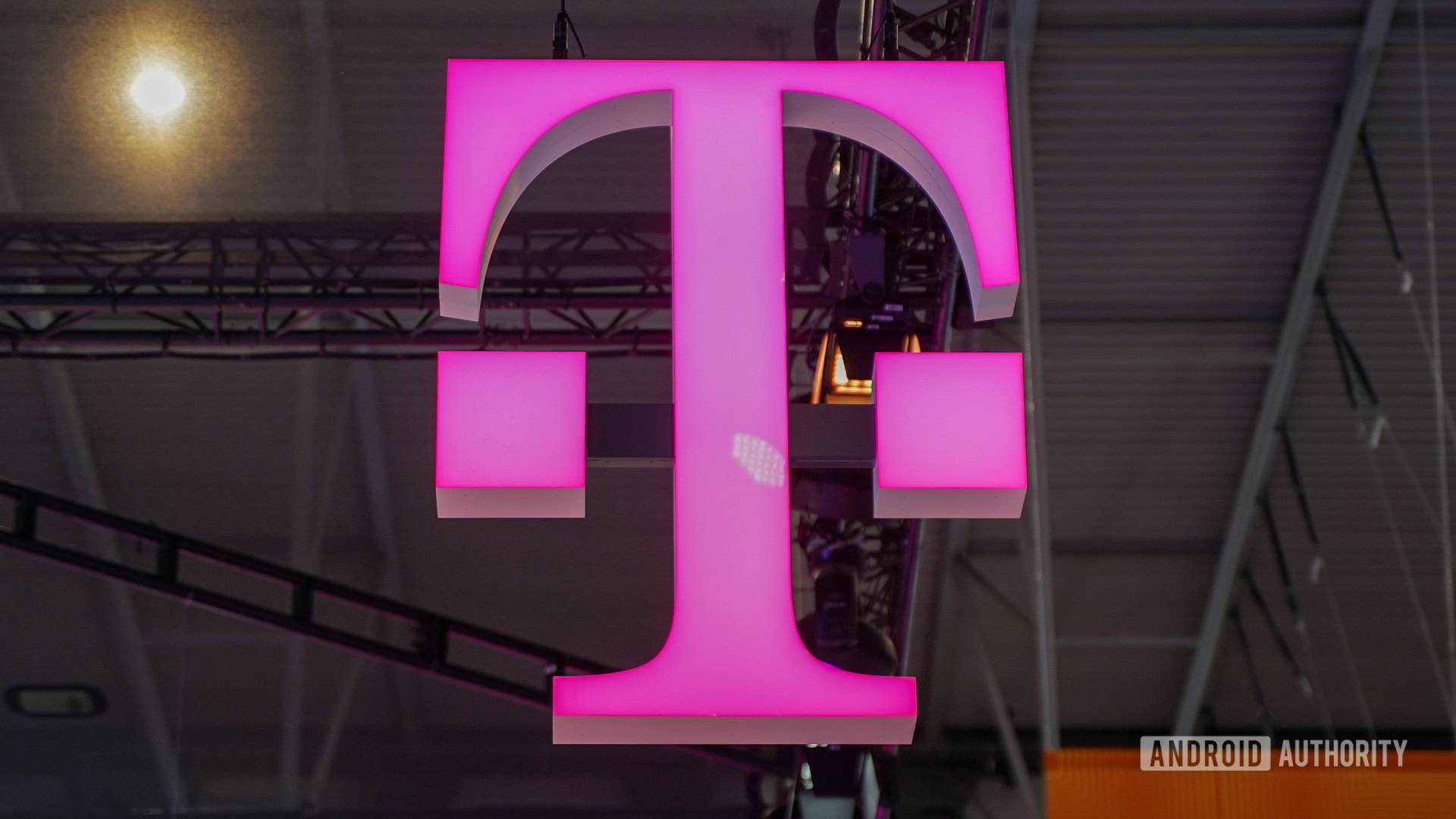Affiliate links on Android Authority may earn us a commission. Learn more.
Forced to buy accessories with your new phone? Here's what T-Mobile says
Published onJuly 16, 2024

- T-Mobile has denied that customers are required to buy accessories or other features when buying a new device.
- This comes after reports that some T-Mobile stores were forcing consumers to buy accessories and insurance with a new phone.
- The carrier also addressed claims about sales metrics and employee pay.
A T-Mobile employee interview and a Reddit thread revealed some shady sales tactics at several T-Mobile stores. Now, the carrier has issued a statement distancing itself from these reported tactics.
A Redditor claimed that they visited three T-Mobile stores and were told they couldn’t buy an iPhone without purchasing a variety of accessories too. Meanwhile, PhoneArena interviewed a current employee who cited internal sales metrics as a reason for these shady tactics. The employee also claimed that their base pay was cut.
“T-Mobile does not have any policy that requires customers to add on accessories or any other features to the purchase of a device or otherwise,” the carrier told Android Authority in an emailed response to these reports.
The network also sought to address claims that the metrics or pay cuts were to blame:
We pride ourselves on putting the customer’s needs first and while we have always had incentive plans that reward our teams for certain selling motions, we shifted our compensation model to focus on investing in base pay over incentive pay a few years ago and made a significant base pay increase to our frontline mobile experts. That said, we take feedback like this very seriously and will continue to reiterate our expectations to our teams and focus on delivering a best-in-class retail experience for our customers every single day.
Either way, we hope the company actually tweaks these metrics so employees don’t feel the need to resort to these anti-consumer tactics in the first place. This news also comes after the company raised its prices and was subsequently taken to task for a misleading Price Lock guarantee.